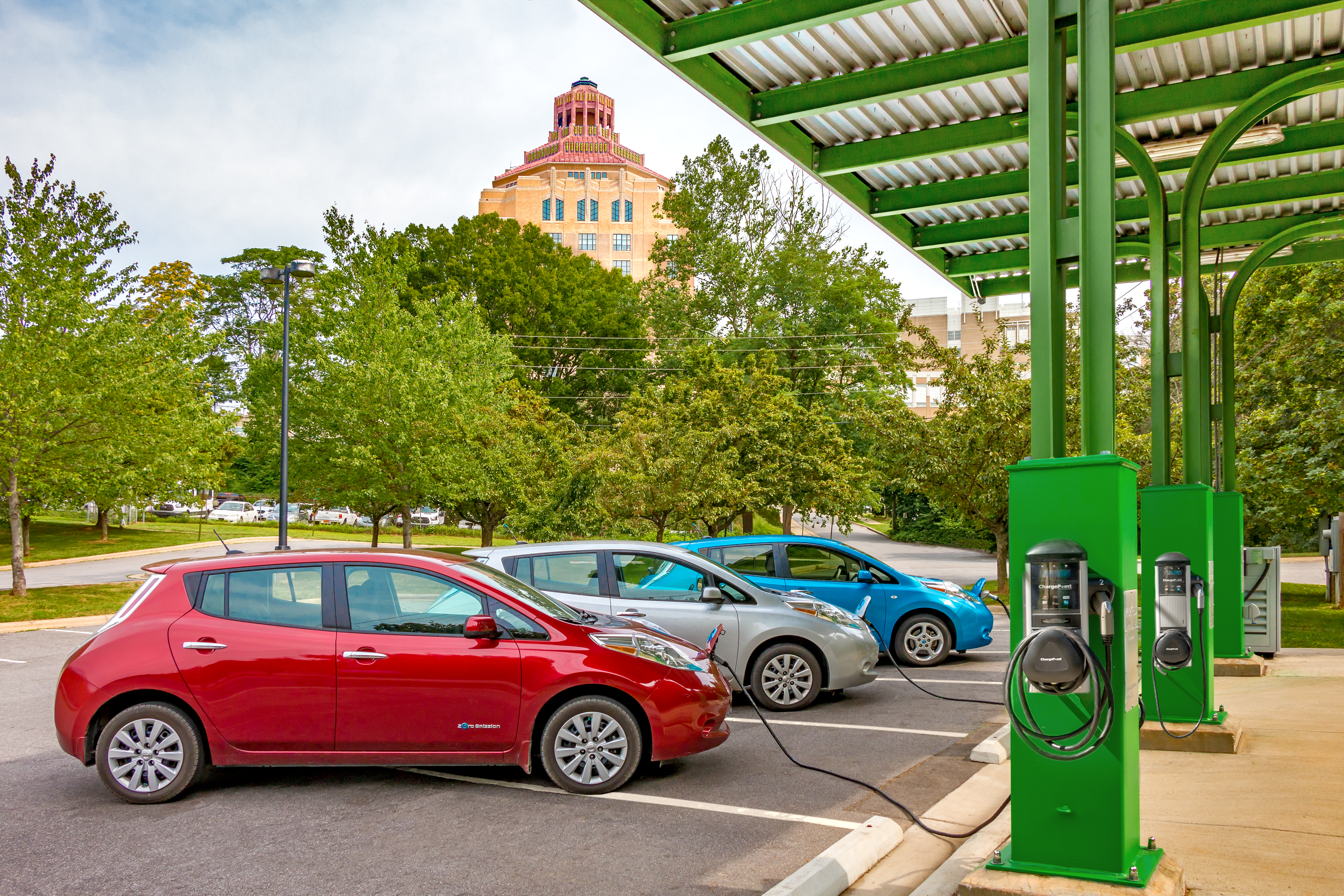Unless we see automakers going back on their planned $300 billion of global EV investments over the next 5-10 years, there is little reason to think the economic crisis will hit EVs any harder than the auto industry as a whole and every reason to believe EV sales will rebound faster.
Stan Cross | April 9, 2020 | Clean Transportation, Electric VehiclesThe global economy has gone off the map, and no one knows exactly where we will find ourselves in the coming months – it is clear that COVID-19 will impact every sector of the global economy; every corner of society is impacted by consumers staying home and not shopping. But the degree of that impact on varying sectors remains to be seen. Yesterday, Wood Mackenzie released an analysis suggesting global electric vehicle (EV) sales will drop 43% in 2020. Well, so will the sales of all automobiles. But some parts of the economy are more resilient and better poised for a fast rebound.

As I highlighted just last week, EVs are more resilient than gas-powered cars and have substantial advantages that could result in sales bouncing back faster than gas-powered cars and trucks and better support long-term industry viability and consumer needs.
Among the many benefits, EVs are 2.3 times cheaper to operate than gas-powered vehicles, and EVs reduce greenhouse gas emissions by upwards of 70% – both of these represent serious advantages amidst a global economic crisis and creeping climate crisis. EVs also have no tailpipe and no tailpipe emissions. According to the American Lung Association, 4 out of 10 Americans live in counties already experiencing unhealthy levels of pollution, much of it caused by auto emissions; so EVs offer a way to lower this threat to public health as well.
Human health, the environment, and the economy will all benefit by making electrifying transportation a centerpiece of the global pandemic recovery.
Global Automobile Market Impacts Already Underway
- U.S. auto sales dropped 40% in March while sales in Europe fell 50%;
- The National Automobile Dealers Association (NADA) is predicting a 20-22% drop in auto sales in 2020;
- Year-over-year sales fell 44% in China, and 18% in South Korea in January and February as COVID-19 cases peaked in Asia.
Global EV Market Showing Signs of Resilience
- EV sales for February 2020 were up 16% compared to February 2019;
- Tesla, who sells only all-electric vehicles, delivered a strong first-quarter performance posting a 40% increase over Q1 2019 sales with 88,400 global vehicles sold;
- A new study in England finds that in the wake of COVID-19 and related air quality improvements from everyone staying home, 45% of participants said they are reassessing their EV options with 19% saying that their next car would be an EV, and 26% saying they intend to buy an EV within the next five years.
Unless we see automakers going back on their planned $300 billion of global EV investments over the next 5-10 years, there is little reason to think the economic crisis will hit EVs any harder than the auto industry as a whole and every reason to believe EV sales will rebound faster.
Furthermore, as of today, no automaker has pulled back on its EV plans. Volkswagen Group member Audi’s announced last month that despite the global impacts of COVID-19, it remains committed to having 30 electrified vehicle models for sale and building 800,000 EVs annually by 2025.
The Southern Alliance for Clean Energy’s Electrify the South campaign advocates for a shift to clean, electric transportation throughout the Southeast. Visit Electrify the South.org to learn more.